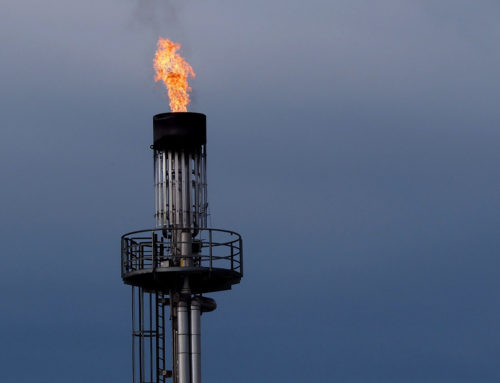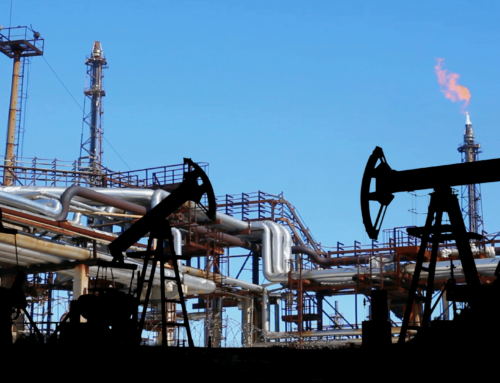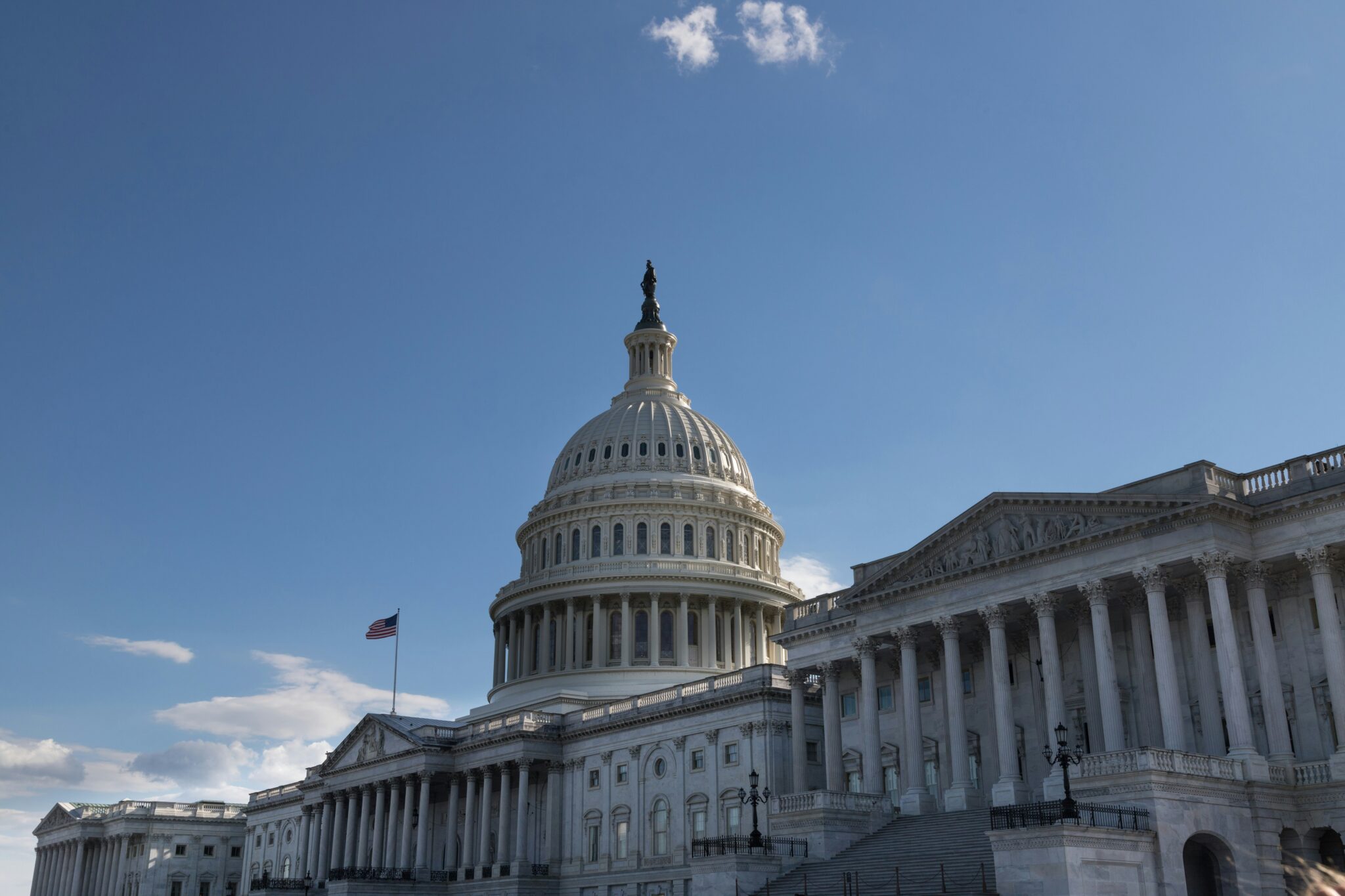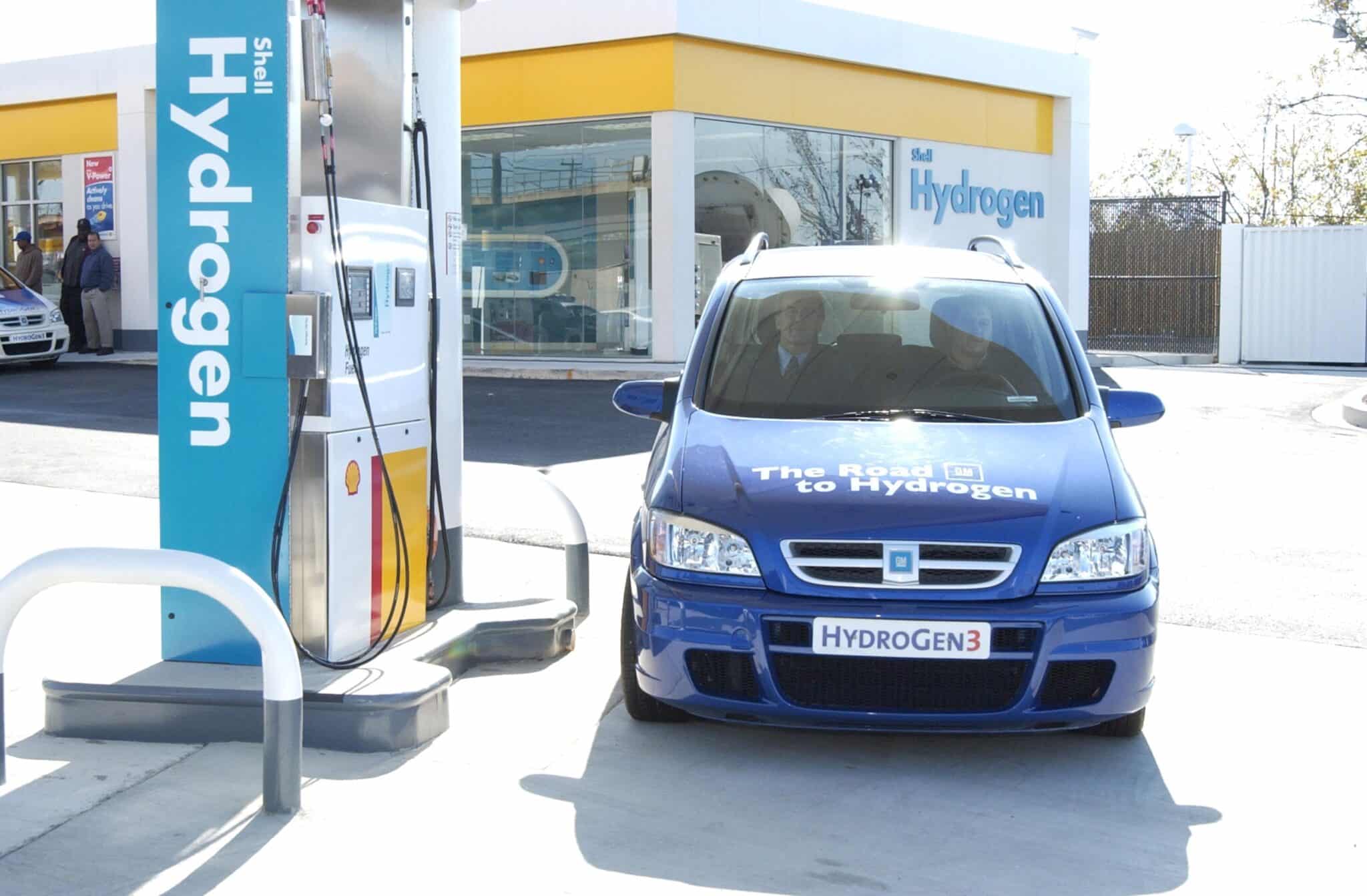Prepared remarks of Taxpayers for Common Sense President Ryan Alexander before the Department of the Interior in Salt Lake City, UT on reforming the federal coal program to ensure fair return for federal taxpayers:
My name is Ryan Alexander and I am the President of Taxpayers for Common Sense, an independent, non-partisan budget watchdog. Our mission is to achieve a responsible federal government that operates within its means.
Ensuring a fair return for taxpayer-owned natural resources and other assets has been one of our guiding principles since we were founded 20 years ago. We work to ensure that taxpayers receive appropriate compensation for all resources developed on federal land; including hard rock minerals, oil, gas, coal, wind, solar, timber and grazing. We’ve tracked subsidies to each of these industries and emphasized the need for a transparent leasing and royalty collection process.
The federal coal program has been riddled with problems for years. The current system bears no resemblance to the competitive program envisioned by Congress 40 years ago. Further, it fails to meet the goals set forth by the last major review of the program, conducted during the Reagan administration.
This is important to federal taxpayers and the state of Utah, which has about 200 million tons of coal currently under federal lease. As recent Inspector General and Government Accountability Office reports have documented, undervaluation by even a single penny per ton would result in a multimillion dollar revenue loss. Undervaluation and problems with the coal program have already cost taxpayers billions of dollars.
One of the biggest problems plaguing the program is the failure of the BLM to account for the export of federal coal when assessing its value. Although foreign demand for coal is currently down, it is projected to rebound in the next five years and continue to grow after that. The process of calculating the value of public coal must account for the higher prices abroad – keeping in mind that coal companies already deduct the costs of transportation and washing of federal coal.
Investigations in 2012, when exports were high, found that coal companies in Wyoming and Montana underpaid for federal coal by $40 million using the domestic price to calculate royalties for the coal they exported, instead of the much higher price in Asia. It is critical that BLM consider the role of export markets as an element of determining the fair market valuation of federal coal. In all coal producing states, the state receives half the royalties paid for federal coal, so getting the price right has fiscal implications for Utah as well.
Finally, I want to make an important distinction between the taxes that coal companies pay to local, state, and federal government, and the royalties they pay for the right to mine and sell federal coal. Just because the coal industry pays taxes, like every other industry, does not mean it should not have to pay fair market value for federal coal. Private landowners charge royalties on the market value of private coal, and so too should taxpayers, the owners of federal resources.
Coal will be an important part of our energy mix for decades to come so it is important Interior emerges from this review better prepared to meet the demands of today’s energy market. Interior has a fiduciary responsibility to ensure that taxpayers are fairly compensated for the assets we all own and it is time we get it right with our nation’s coal. With a $19 trillion debt, we cannot afford to wait any longer to fix this broken system that shortchanges taxpayers.
Thank you for the opportunity to comment here today.










